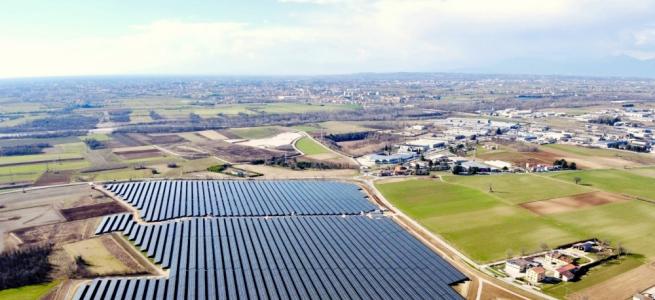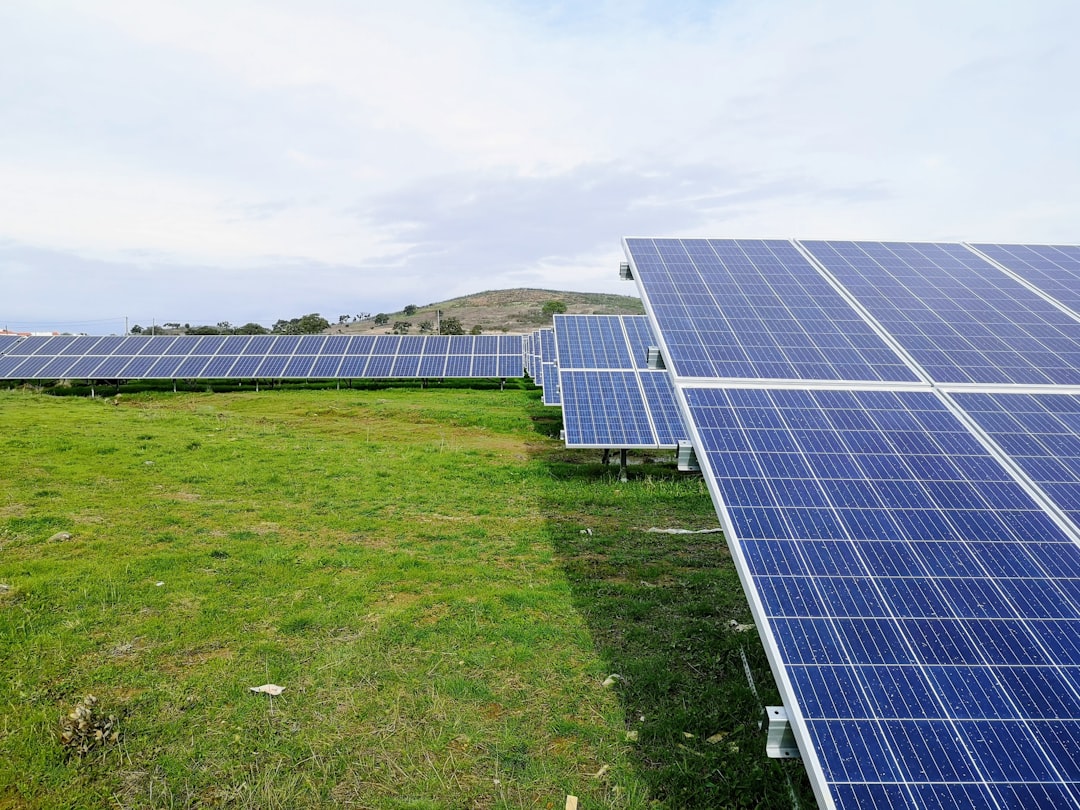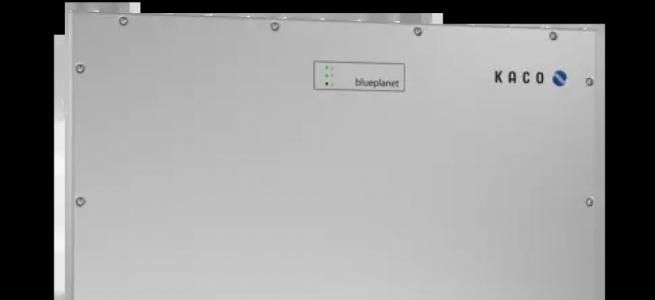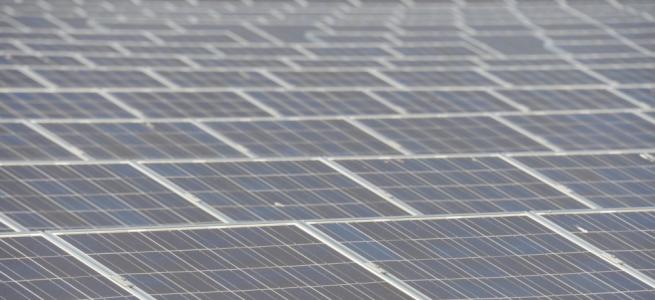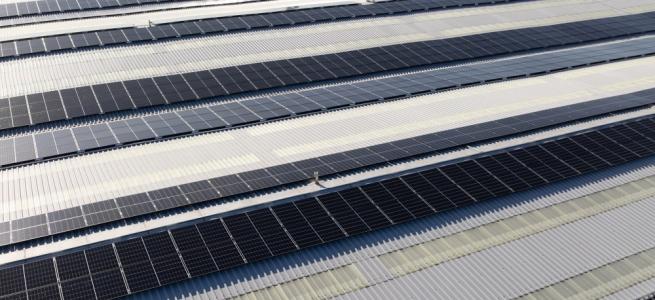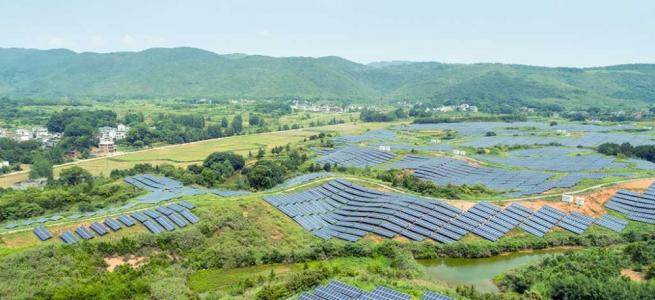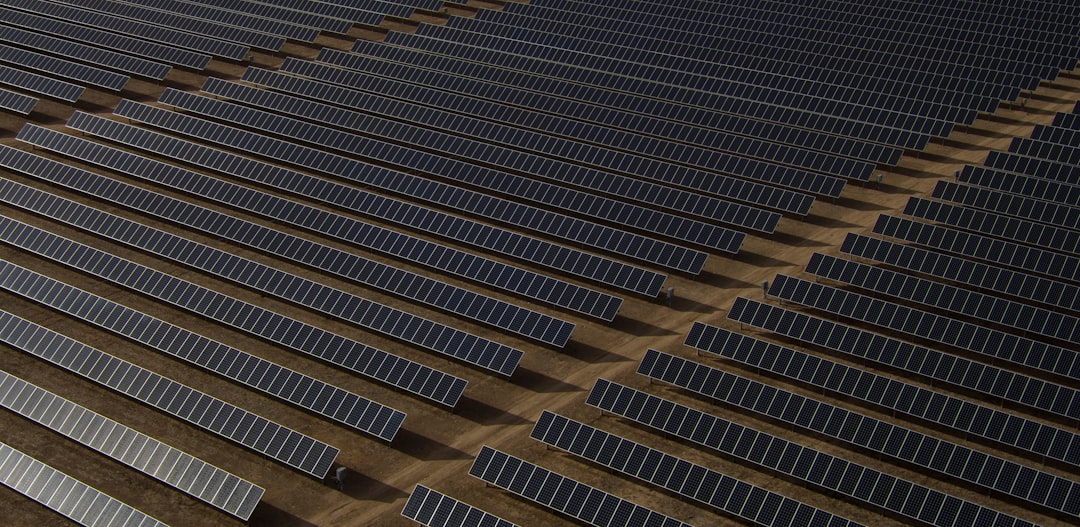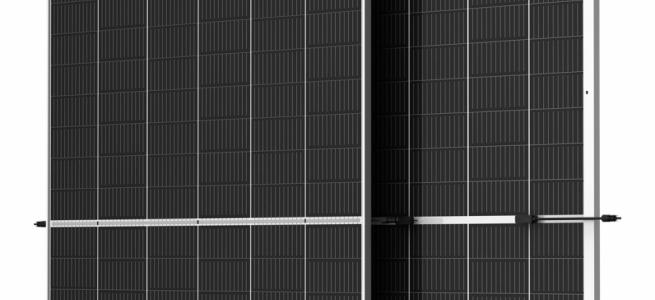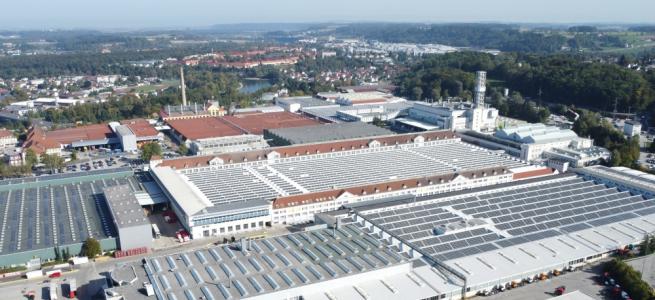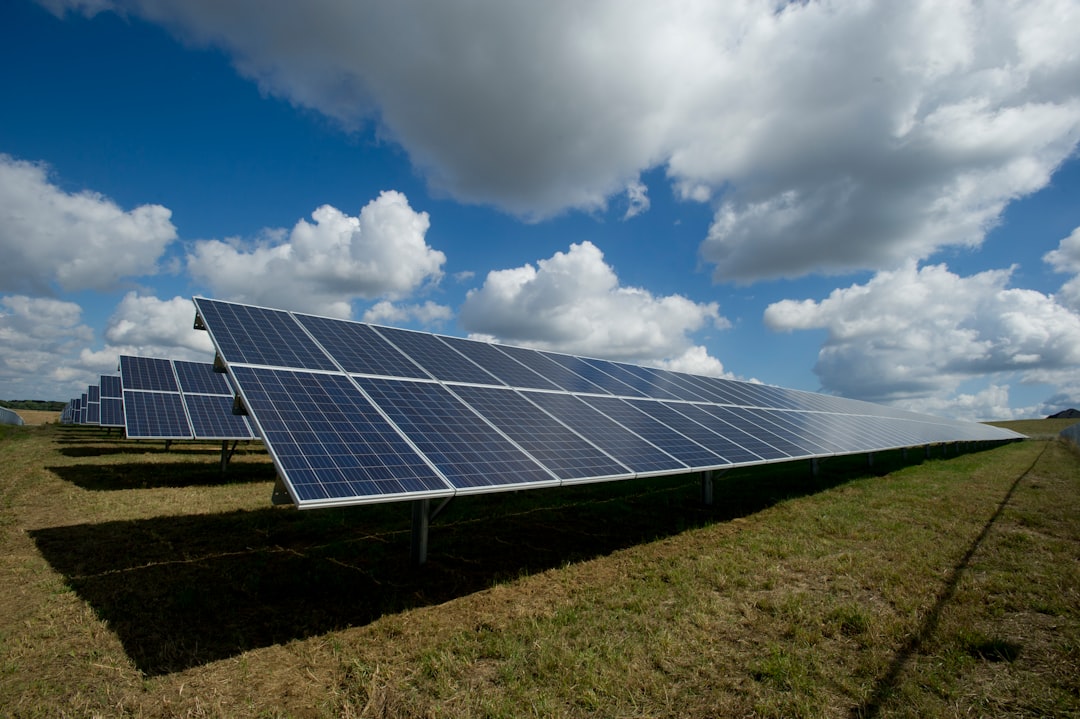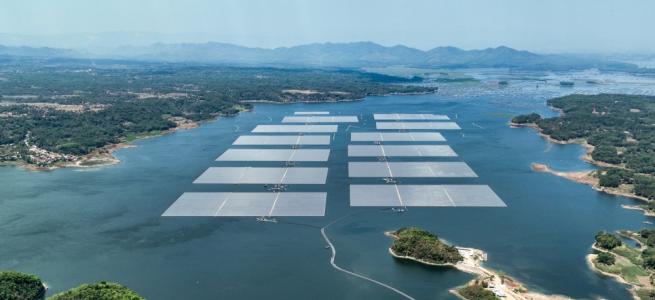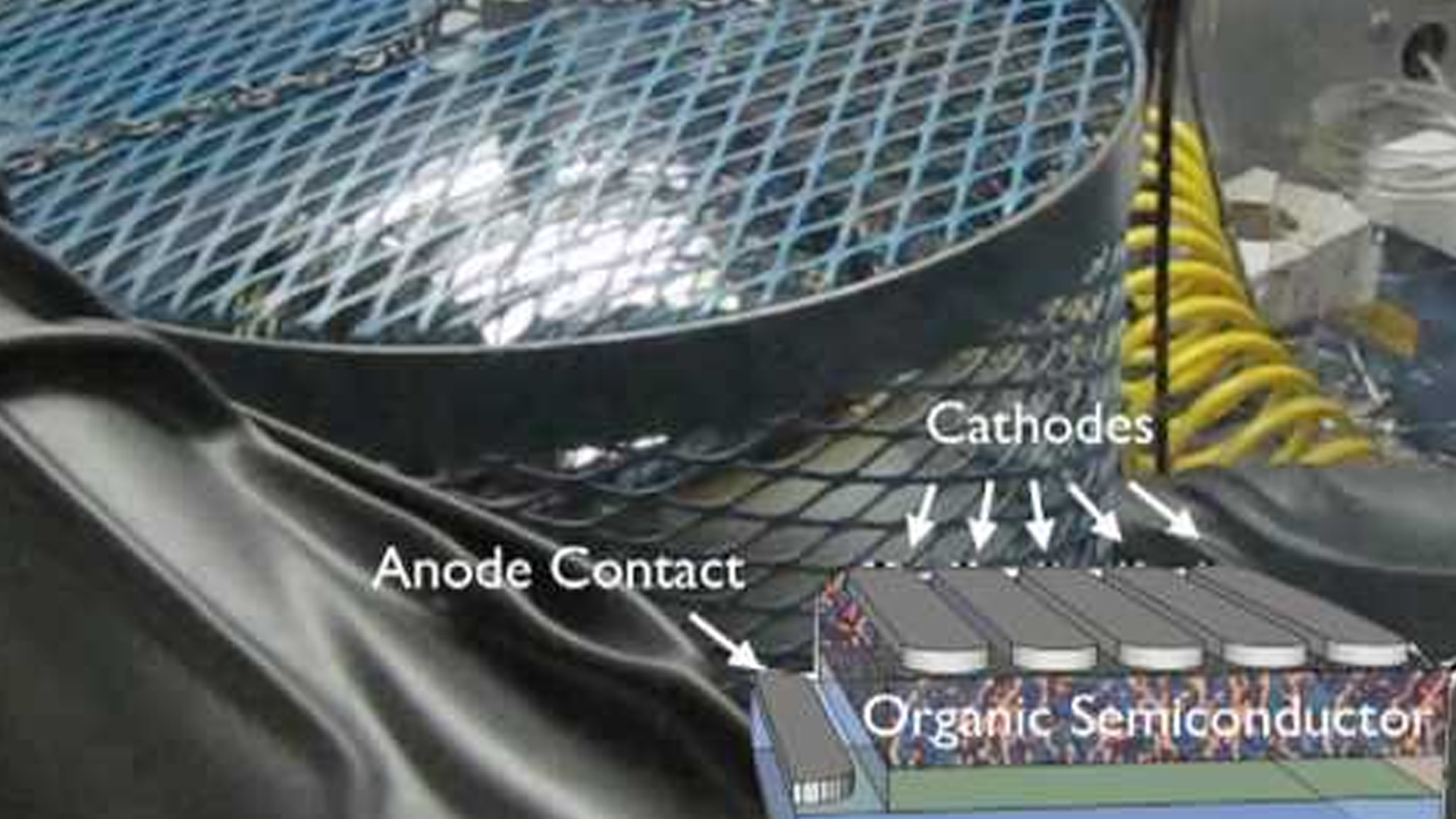SolarWorld instigates further US trade investigation into China
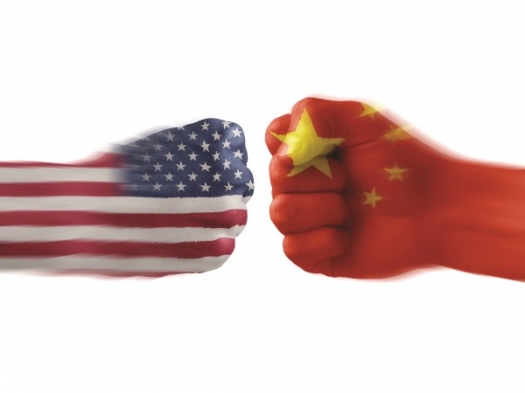
On the last day of 2013, while most were preparing for celebrating the year's end, the US arm of German based SolarWorld released a statement that it was taking further steps to counter ongoing, anticompetitive trade practices. The company statement said the U.S. government had conclusively determined one year ago the trade practises were unfairly harming the U.S. domestic solar industry. The announcement said that the company had submitted anti-dumping and anti-subsidy cases with the U.S. International Trade Commission and the U.S. Department of Commerce against China and Taiwan to close a loophole in trade remedies issued a year ago this month. SolarWorld stated it was acting on behalf of the domestic industry as a whole, a broad coalition of installers and other industry businesses, and the promising future of an industry and technology pioneered in America.
Rhone Resch, president and CEO of one of the larger representative bodies for the solar industry did not seem to agree. The Solar Energy Industries Association (SEIA) released another statement within 24 hours and called SolarWorld's actions an escalation of the U.S.-China solar trade conflict and opposed the proposed investigation.
"More litigation is the wrong approach," said Resch. "Trade litigation is a blunt instrument and, alone, incapable of resolving the complex competetiveness issues that exist between the U.S. and Chinese solar industries. It's time to end this conflict and negotiations must play a role."
The loophole SolarWorld is basing their complaint on allegedly enables Chinese producers to evade duties averaging about 31 percent by assembling modules from cells manufactured in third countries. According to the SolarWorld led complaint, China has continued to improperly subsidize its export-intensive campaign and sell below production costs in the U.S. market to seize market share.
"We're finishing the job of presenting the facts to our trade regulators to prevent China from further damaging yet another manufacturing industry and another rich base of employment," said Mukesh Dulani, president of SolarWorld Industries America Inc., based in Oregon. "China obviously recognizes the key importance of solar-technology manufacturing to future economic competitiveness. But we do, too. Therefore, we are once again simply asking our trade regulators to investigate the facts and apply the well-established laws that enable free trade, robust competition and lower long-term pricing. If fair competition can be restored, the U.S. industry will return to growth."
The United States International Trade Commission has the case listed at preliminary stage with a start date corresponding to the SolarWorld New Year's Eve submission. Initial feedback is due in February. The Chinese response has been quick and damning of further trade issues between the two countries. According to reports in China Daily The China Chamber of Commerce of Machinery and Electronics (CCME) condemned the move.
"It will keep all the Chinese companies out of the US market if new duties are imposed, in addition to the already unfair trade environment," said Sun Guangbin, secretary-general for solar energy and photovoltaic products at the China Chamber of Commerce of Machinery and Electronic Products.
SolarWorld is the company that led the submissions for both the US and European trade investigations against Chinese solar manufacturers. After a long series of meeting and debates a proposed solution was drawn up between the companies and the governments. Many Chinese manufacturers felt it was the end of the situation. SolarWorld feels it is ensuring the previous trade agreements are being upheld.
For well over a year now, SEIA has encouraged the U.S. and Chinese governments and key industry stakeholders to find common ground, even putting forth a settlement proposal," commented SEIA's Resch. "SEIA's proposal provided a mutually-satisfactory resolution which recognized the interests of all solar stakeholders and not just one segment of the industry. To the best of our knowledge, however, the U.S. and Chinese governments have neither adopted such a proposal as the basis for negotiations nor put forth any meaningful offer to resolve the broader conflict. It's time for both governments to get in the game and end this conflict - we urge the United States and China to immediately commit to serious, results-driven negotiations."


